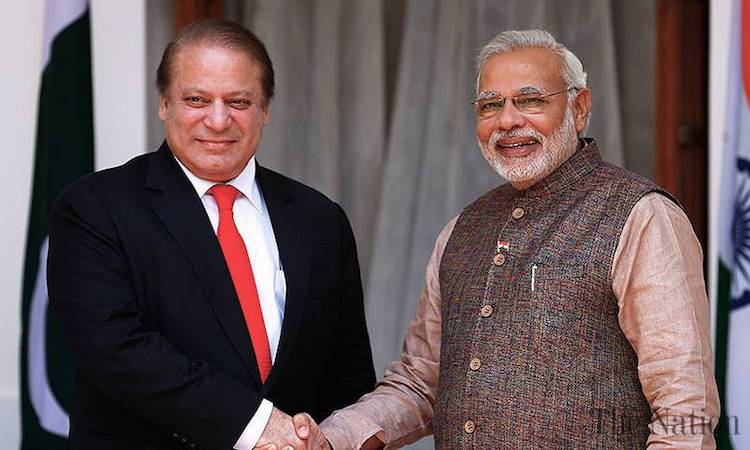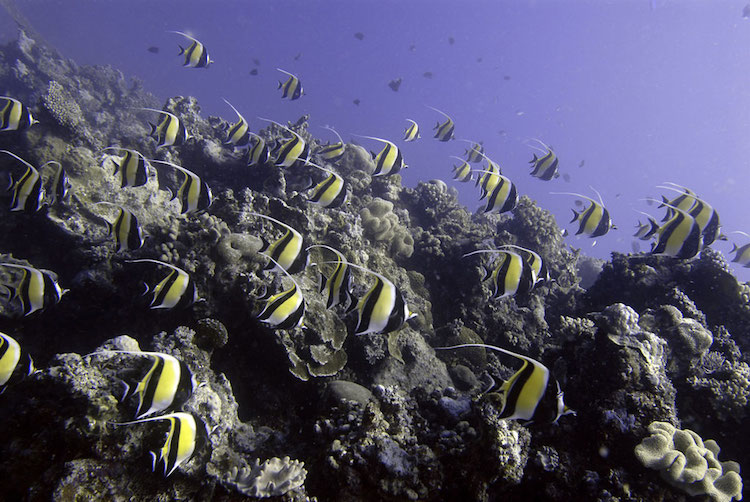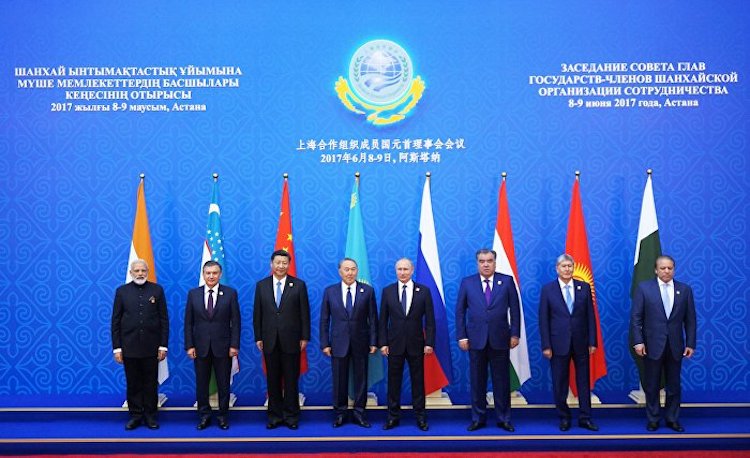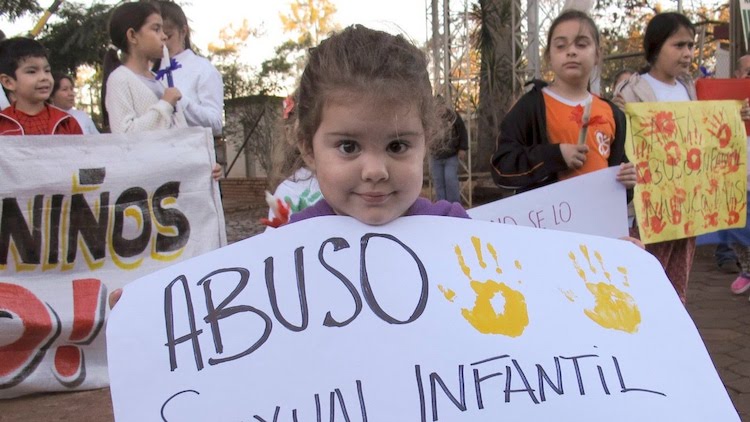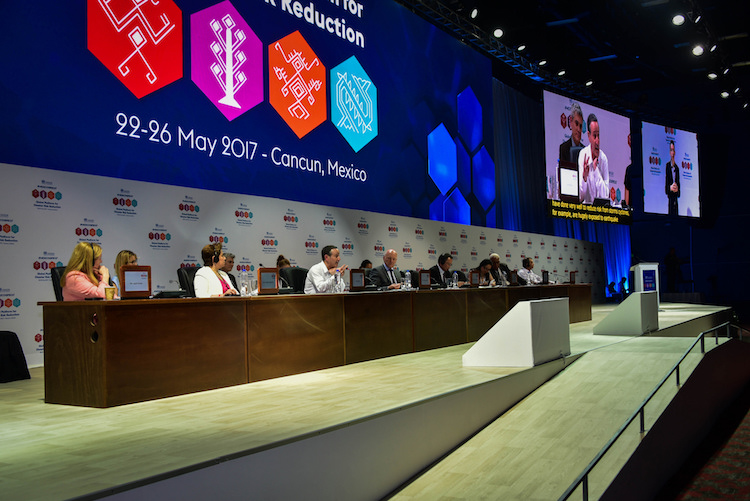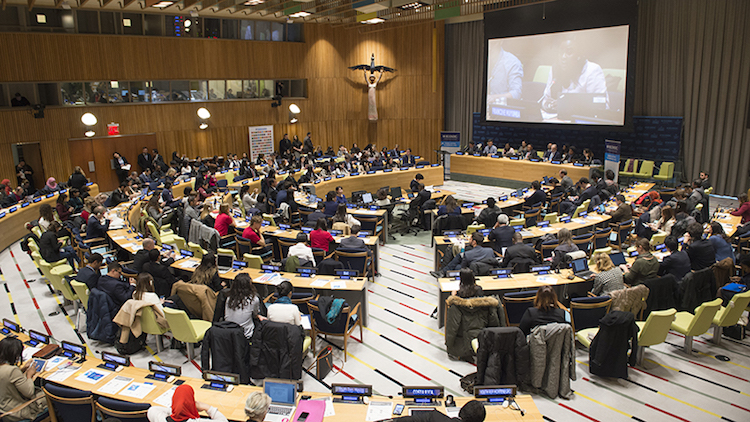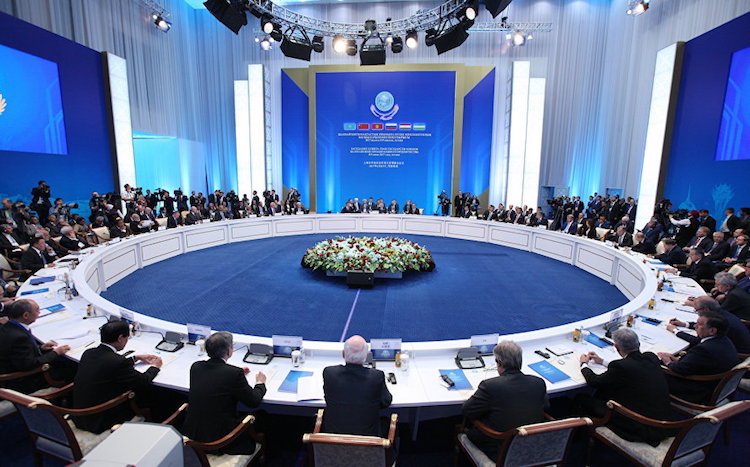
Astana Summit Favours UN Security Council Reform and a Polycentric World Order
By Ramesh Jaura
ASTANA (IDN) – Kazakhstan, which is a non-permanent member of the UN Security Council for 2017-2018, played a crucial role in the summit meeting of the Shanghai Cooperation Organisation (SCO), chaired by President Nursultan Nazarbayev, on June 8-9 in Astana.
The United Nations drew much of the focus of the SCO heads of state gathered in the Kazakh capital city. But they also underlined the importance of the Organisation’s further consolidation as an effective full-fledged regional platform aimed at active participation in building a more equitable, polycentric model of the world order.…




